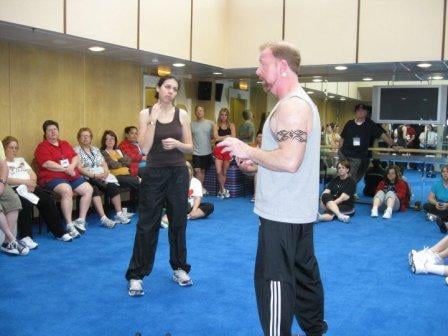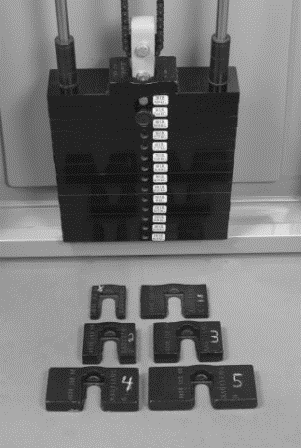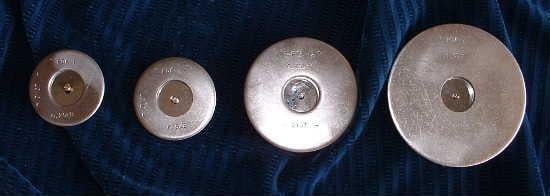I neglected to blog about my experience on the Low Carb cruise I took a few weeks ago organized and flawlessly run by Jimmy Moore the Livin' La Vida Low Carb bastion of LC bloggers and Becky Ghandy. When I returned from the trip I was inundated with work. I apologize to all my new friends for not blogging sooner. It was a great experience meeting so many new and wonderful people.


I lectured on why people need as much muscle as they can get and why strength training should be the go-to exercise program just as a no grain/refined sugar diet should be the go-to eating plan.

I also gave a demonstration of the Slow Burn method of resistance training to the group.

As you can see, many people showed up for the early morning demo (68 in fact). I was surrounded! It was terrific to see so many people interested in strength training. (That's a fake tattoo by the way. And the little round thing under my ear was an anti-nausea patch. It worked, sort of.) I had a few folks do some body weight push-ups, squats, and some dumbbell work. People's bodies were shake, rattle and rolling!
The Q&A sessions was one of the highlights. That's little old me sandwiched between to brilliant physicians Dr. Mary Vernon to the left and Dr. William Davis to my right. I learned a lot that day let me tell you. We all did I think.

Tom Naughton's fantastic film Fat Head was the piece de resistance of the cruise. Click on the link and scroll down to watch the trailer. Why this film is not being shown all over the world is beyond me.
Unfortunately, the propulsion system of the ship broke on the way to the Bahamas and our trip to Half Moon Cay which was to be the highlight of the trip was cancelled. I was planning to SCUBA dive for the first time in 13 years. Boo-hoo. What was worse, Carnival offered no refund. They didn't so much as buy us all a drink for the mishap. The barely apologized in fact. I'll never give Carnival another dime of my money that's for sure.
But sad as that was, new friends were made and I look forward to another non-Carnival cruise with them all!
Okey-dokey. Now for the weight progression part of this blog.
One of the most common questions I was asked then (and still now) was how you increase the weights after becoming stronger. This seems to stymie many novices (and IMHO many advanced lifters too). Well, the name of the game in weight training is of course progression. If you're not lifting more weight now than you were a few months ago - even a few weeks ago - something is amiss. But try as you might, sometimes this process can be limited by the equipment available or, rather, what is not available.
Adding adequate weight to your lifts can be a challenge in many gyms. Often the smallest incremental weight on machines is five pounds and two and a half when using free weights. Depending on the weight you are currently using, even a 2.5 pound bump can feel like you've added a ton.
My experience supports the common idea that a good rule of thumb when progressing weight loads is to add about 2-5% of the weight you're currently lifting at virtually every workout when you're a beginner. Strength gains are much faster at the outset of a resistance training program than after several months and certainly years into training. After a time, even smaller percent increases become required. I routinely witness veteran clients requiring 2 or more attempts at a heavier weight before they adapt and grow stronger after adding a mere pound to a lift.
So as a progression example, if you are using 20 pounds when performing side shoulder raises on an exercise machine, adding 5 pounds is a huge jump. Even 2.5 pounds is a hefty addition. To add 5% more weight to 20 pounds you need to add a single pound to the machines weight stack. And 5% is the largest gain most want to make.
This is what they might look like. See the small plates below the large weight stack. The slide on top of the larger weight stack (shown).

Here is a great resource for purchasing fractional sized weight plates.

You can purchase the 1/2 and 1 pound plates and carry them in your bag when heading to the gym. Remember if you use free weights, you'll need two of each for barbell work.
When using dumbbells it's a tad trickier. You can get magnetic add on plates from PDA. These won't work on rubberized bells unfortunately.

So, micro-load your way to great strength using these tools to your advantage. As always, any questions feel free to ask and I shall answer!











